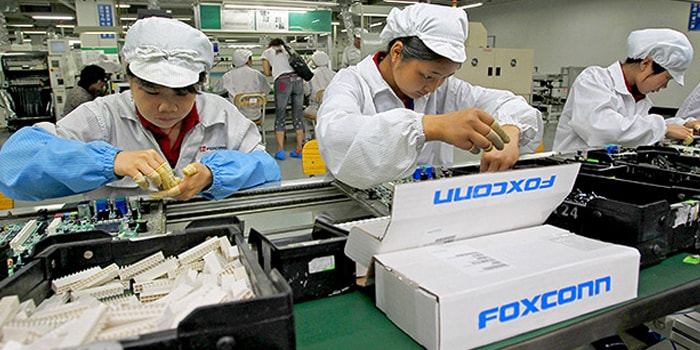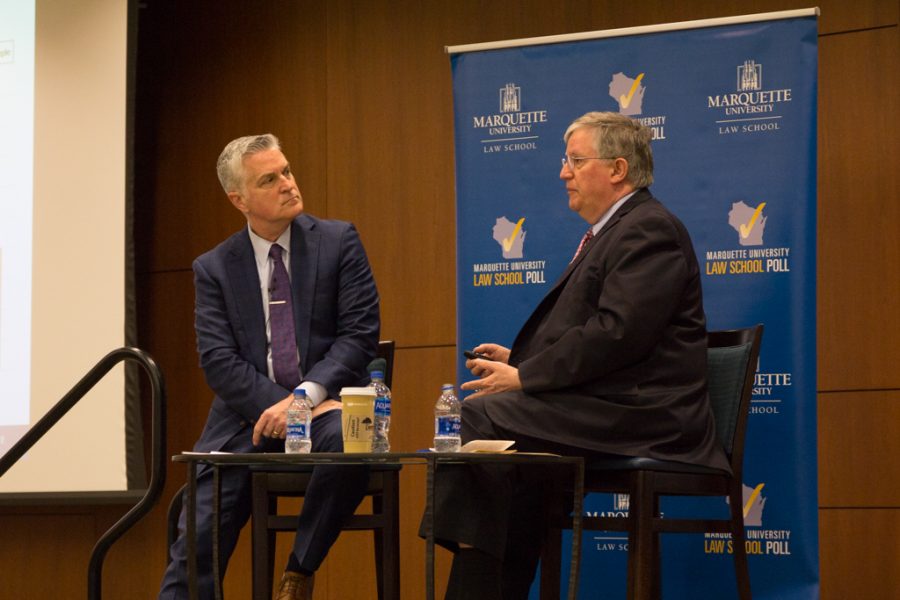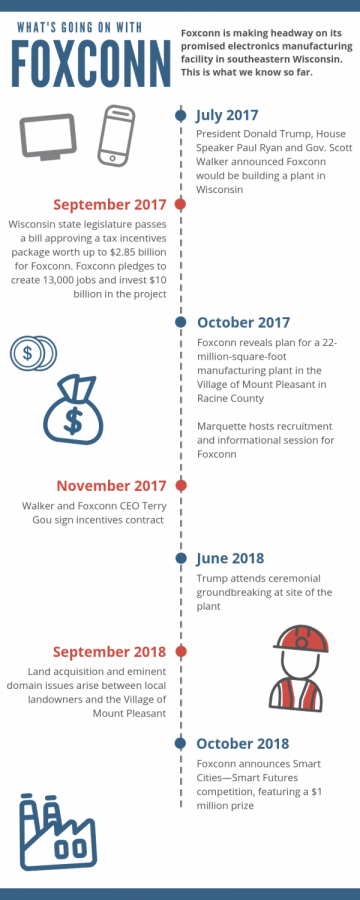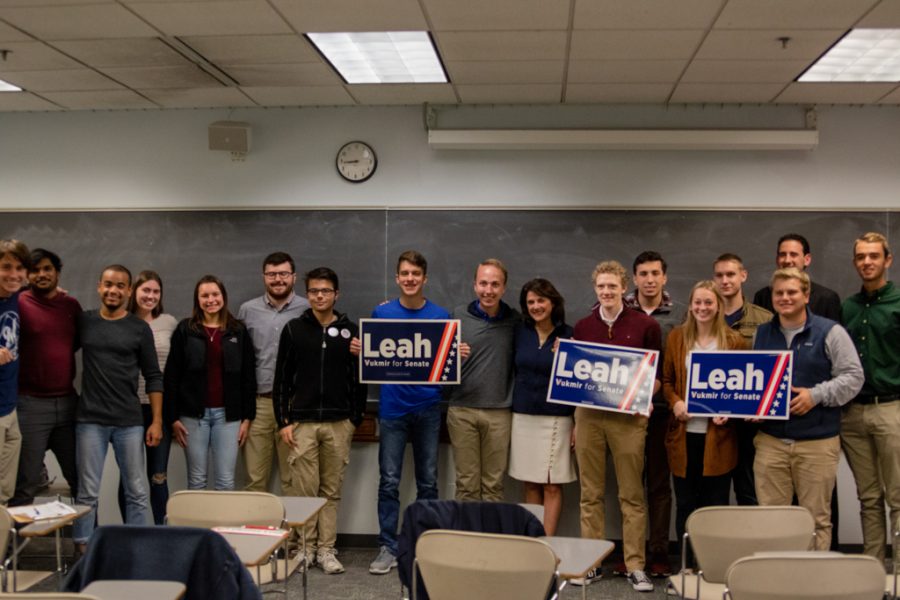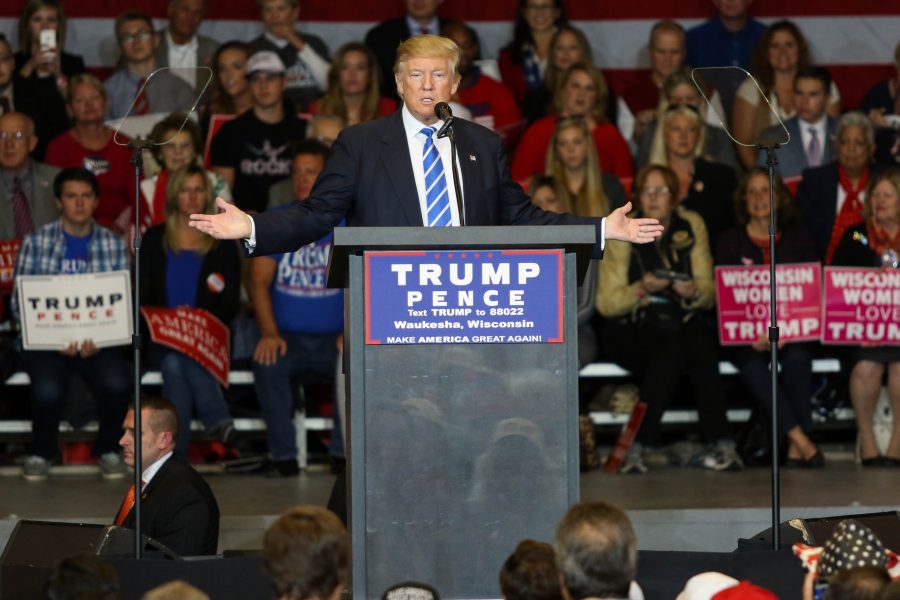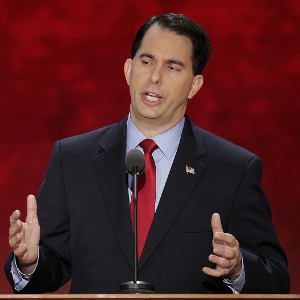The $3 billion incentive package passed by Wisconsin state legislature last Monday secured our newest Southeast Wisconsin neighbor: a Taiwanese electronics manufacturer, Foxconn Technology Group.
Dubbed a “once-in-a-century opportunity” by Gov. Scott Walker, this electronics giant is most commonly known for manufacturing Apple products, and optimistically, is projected to create 13,000 new jobs. With politicians feeling pressure to create jobs, it’s not surprising President Donald Trump welcomed the prospect of this agreement with open arms.
However, we must dig deeper than the flashy statistics to better understand how this agreement will affect our local economy and livelihoods. A second look at Foxconn’s track record sheds light on some very concerning information that will inevitably create unintended consequences for our economy long-term.
Historically, incentives similar to the $3 billion deal Walker signed off on are an awful way to lure jobs — not to mention this agreement is the largest incentive package for a foreign company in U.S. history. This method of job creation often incites costly bidding wars between states and interferes with other budget priorities. Because of the pressure to build industry in the area, it can be advantageous for states to loosen the rules and regulations for corporations. For example, Foxconn won’t need to obtain the state permits ordinarily required to discharge dredged material into local wetlands. Foxconn also will be waved from being required to submit to standard environment impact studies.
The Southeast Wisconsin factory isn’t Foxconn’s first rodeo. In fact, they have a history of making and breaking promises in numerous countries over the years, including a pledge to invest $30 million in a Pennsylvania factory in 2013 that has yet to come to fruition. Knowing this, who would be willing to invest time, money and trust into a corporation with this track record.
Empty promises aside, this electronics manufacturer has also been under fire over widely reported issues of poor working conditions at its existing plants. The Wall Street Journal reported that Foxconn factories in China have extremely high suicide rates, harsh working conditions and little pay, exposing the suicide of an employee after working on the assembly for only one month. In response to this bad press, Foxconn CEO Terry Gou made a commitment to employ 1 million robots over the next three years. Just last year at one factory in China, automation cut 60,000 jobs.
We cannot bury our heads in the sand and discourage automation. However, we are allowed to question how Foxconn will work to integrate humans and machines as well as provide training so employees are equipped to take on more complex tasks. Gov. Walker and Foxconn must be held accountable to the promise of job creation in Wisconsin as a result of this factory.
“This is about far into the future,” Walker said. “This is about ensuring our children and our children’s children will have generational opportunities. This is one of those things that’s transformational.”
Based on the reputation of Foxconn, the $3 billion spent on the incentive package could be put to much better use to ensure and protect this optimistic future. Investing this money into public education initiatives would create a more well-versed, educated workforce. While not as flashy as large, well-known corporate investments, educational investments are fundamental to any successful economy.
We must carefully assess the potentially huge consequences bringing Foxconn to Southeast Wisconsin will have on our workers, our economy and future generations. While the Foxconn deal looks advantageous for Wisconsin on the surface, based on its past history of broken promises and poor employee treatment, this agreement will be detrimental to our community and hinder infrastructure for years to come.

